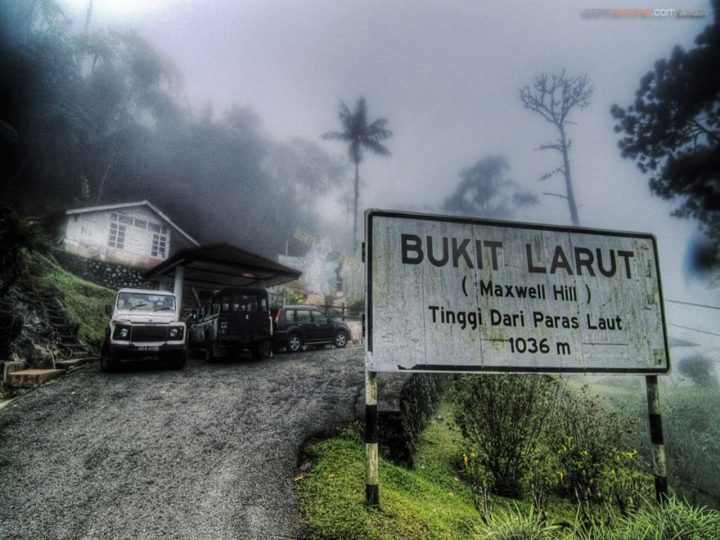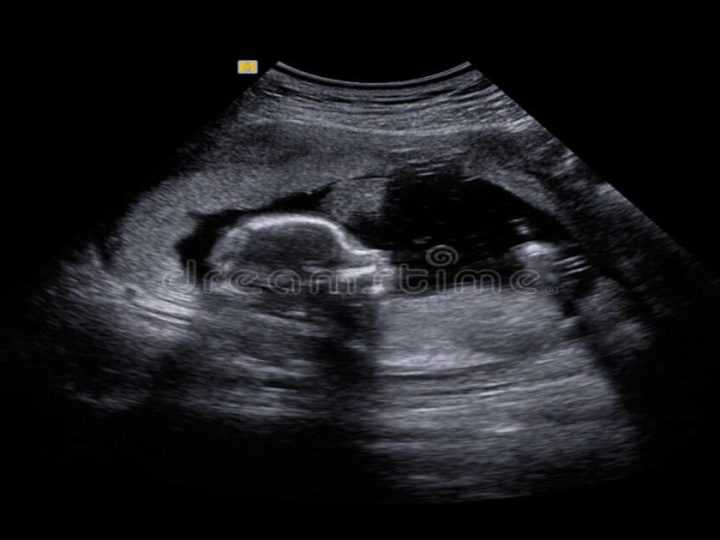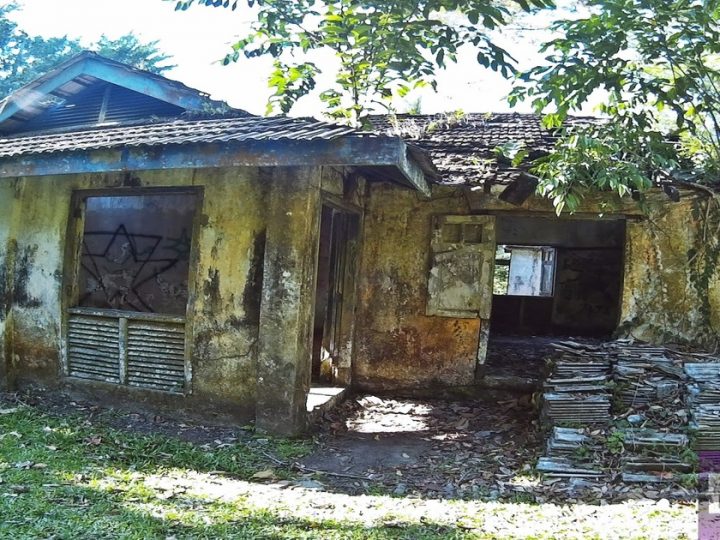“Men In The Sun”: Unpacking A Haunting Tale Of The Palestinian Diaspora & Human Resilience
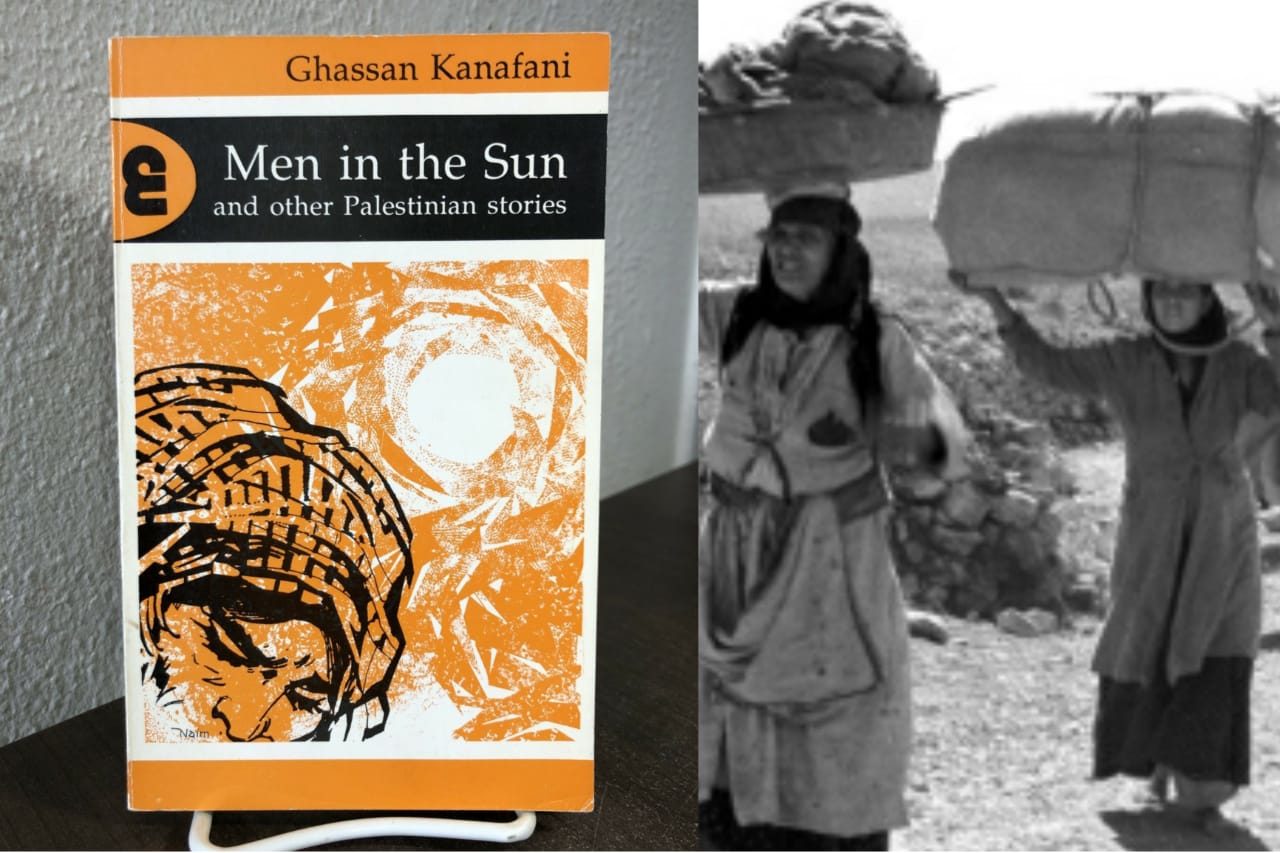 Thirsty for JUICE content? Quench your cravings on our Instagram, TikTok and WhatsApp
Thirsty for JUICE content? Quench your cravings on our Instagram, TikTok and WhatsApp
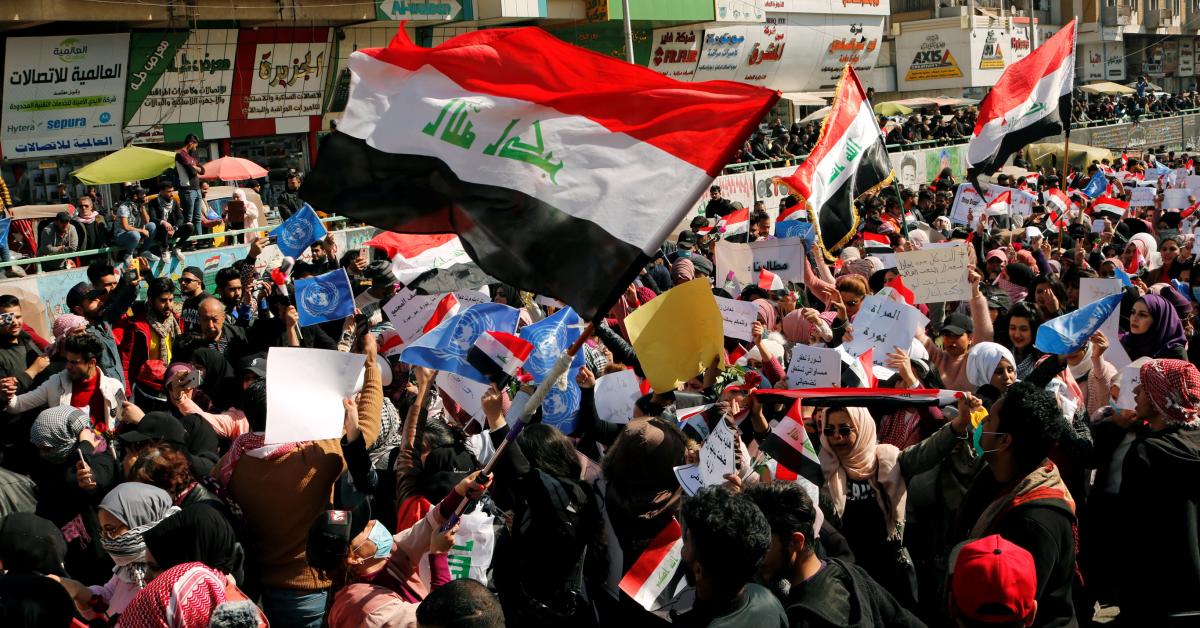
The Palestinian diaspora has given rise to a multitude of artistic expressions, spanning the realms of literature and cinema, all bearing witness to the Palestinian exodus and its enduring impact on the world’s collective conscience.
Among them exists Ghassan Kanafani’s work of fiction, Men in the Sun. Published in 1963, the novel entails a haunting narrative that delves deep into the heart of Palestinian suffering and longing. In this novel, Kanafani, a prolific Palestinian writer and political activist himself, masterfully crafts a tale that not only encapsulates the struggle of Palestinian refugees but also resonates with universal themes of dispossession, dreams, and the human condition.
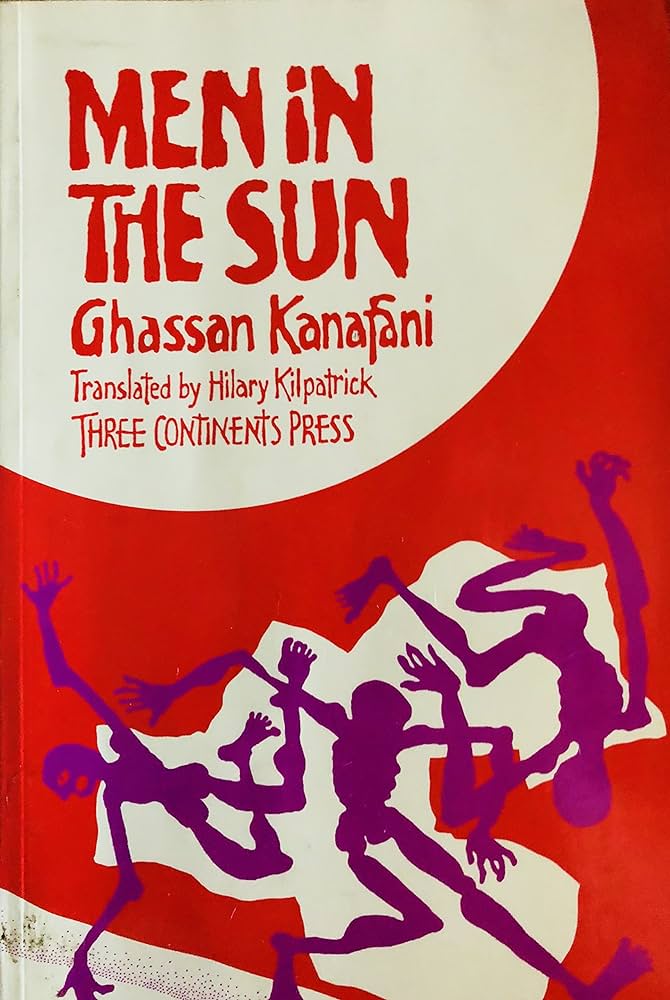
A Tale Of Desperation
Set against the backdrop of Iraq in the late 1950s, Men in the Sun follows the lives of three Palestinian refugees desperately seeking a glimmer of hope in the oil-rich promise of Kuwait. Their journey is fraught with peril, deception, and the ever-looming threat of death. Kanafani’s narrative vividly paints a picture of a world far removed from the comforts of a first-world existence. It’s a world where dreams are crushed, and memories of a stolen past haunt every step.
The characters are beautifully crafted symbols of Palestinian dispossession. Abu Qais, the eldest among them, represents the inertia and inaction that some believed plagued Palestinian leadership. Assad, eager and politically engaged, embodies the middle generation’s enthusiasm and naivety in the face of adversity. Meanwhile, Marwan, the youngest, symbolises the abandonment felt by an entire generation left to fend for themselves.
The Dream of a Better Life
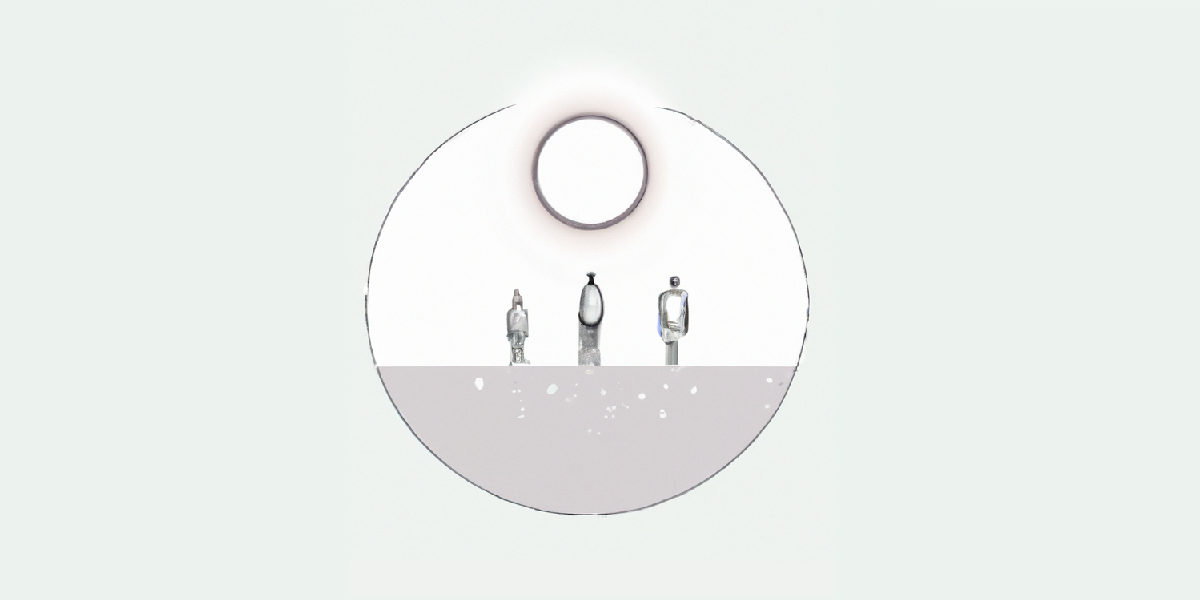
Each character dreams of reaching Kuwait to find lucrative employment, hoping to support their families left behind in the squalor of refugee camps. For context, prior to the Gulf War, Kuwait had a total population of approximately 2 million people, with 400,000 Palestinians among them. Palestinian nationals migrated to Kuwait during three distinct periods: in 1948 following the First Arab-Israeli War and the Nakba, in 1967 after the Third Arab–Israeli War, and in 1973 during the Fourth Arab–Israeli War.
Their motivation is simple yet profound: to alleviate the suffering of their loved ones. To be specific, Marwan dreams of healing as a doctor, while his father seeks refuge in a concrete shelter. Abu Qais longs to educate his son and reclaim his olive groves, while Assad, a fugitive, faces an uncertain future.
Agreeing to Abul Khaizuran’s plan, the trio boards his empty water tanker for the clandestine journey. The journey to Kuwait, however, is no easy feat. It requires the assistance of dubious smugglers, presenting constant threats of betrayal and deception. Silence envelops them, not just from exhaustion but as each grapples with their thoughts.
Their conversation, initially tinged with humour, gradually turns foreboding. The looming dread of the scorching interior becomes palpable. The checkpoint is cleared, but the tanker’s relentless heat drains their vitality, rendering them almost helpless. In an odd twist, Assad bemoans the cold – a chilling precursor to his impending death.
As the story unfolds, it becomes clear that Kanafani’s work is as much about the characters’ internal struggles as their external journey. Dreams and memories haunt them, weighing down their aspirations and leaving them in a state of stagnation and frustration. Amidst this, however, Abul Khaizuran embodies the struggle for survival and empathy.
Abul Khaizuran: A Complex Figure
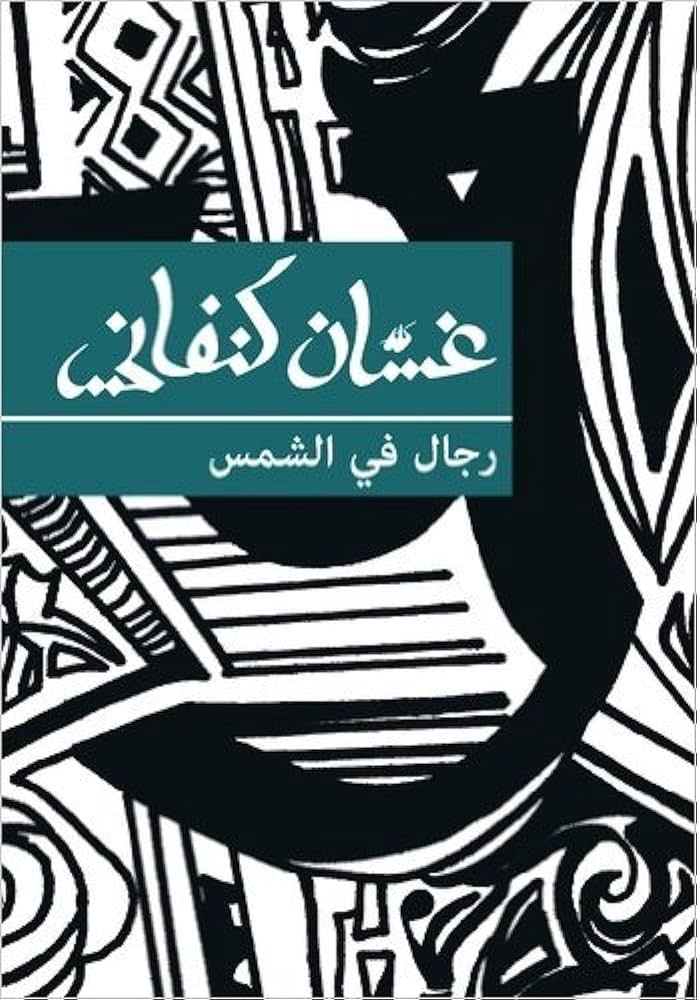
To reiterate, Abul Khaizuran is a fellow Palestinian, and the pivotal character who promises to guide them to Kuwait. His character is emblematic of pragmatism tinged with cynicism; carrying scars of war, symbolising the physical and emotional wounds inflicted upon Palestinians. Abul Khaizuran’s complex motivations and the harsh realities he faces reflect the multifaceted nature of Palestinian existence.
A character of profound complexity, he is a vivid embodiment of the intricate tapestry of Palestinian existence. His life bears the indelible marks of war’s horrors, both in body and spirit. His personal narrative mirrors the broader Palestinian struggle – a gripping tale of dispossession, relentless loss, and the ceaseless pursuit of a brighter tomorrow.
What sets Abul Khaizuran apart is his pragmatism, elegantly seasoned with a dash of cynicism. He’s no stranger to the realities of the world he inhabits, and when he extends his promise to guide three Palestinian refugees on their arduous journey to Kuwait, it’s a pact forged in the furnace of realism. There’s no trace of romantic idealism here; Abul Khaizuran is a survivor who’s mastered the art of navigating a realm where the allure of money often eclipses the call of morals.
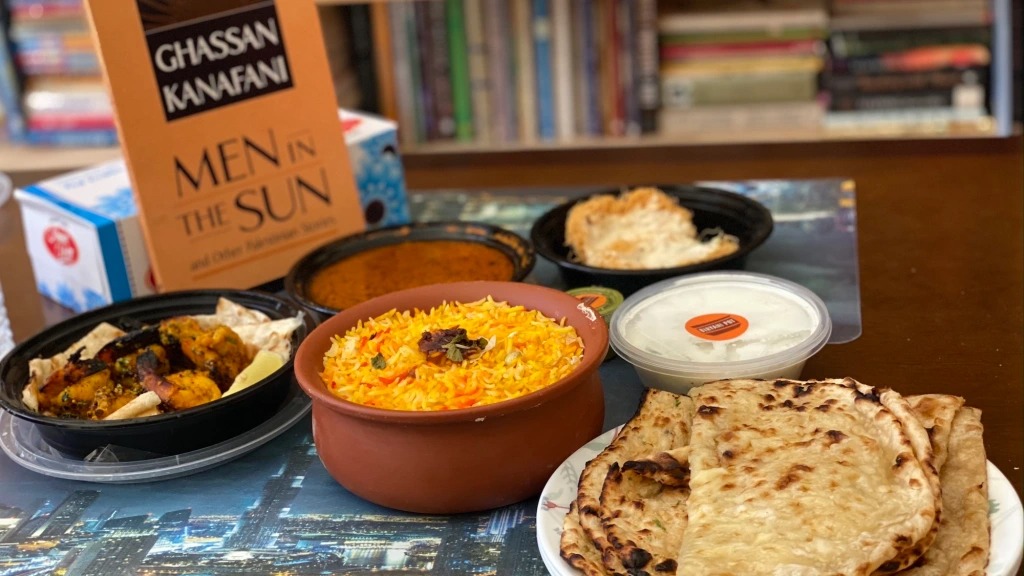
His quest for wealth is also driven by the relentless need for financial security, a pursuit etched against the unforgiving backdrop of life in exile – a world where economic stability remains tantalisingly out of reach for countless Palestinians. His pragmatic outlook on life resonates deeply with the overarching theme of economic migration and the shadowy figures who exploit the desperation of those seeking refuge – an unsettling theme that continues to reverberate in our modern world marked by ongoing refugee crises.
Beneath a face of cynicism, there lies a streak of empathy within Abul Khaizuran. He keenly understands the desperation that propels the refugees he guides forward, fuelled by dreams of a brighter future. His character embodies the intricate interplay of hope and despair of Palestinian lives in exile. Having borne witness to the suffering of his people, Abul Khaizuran’s actions, pragmatic as they may be, also bear the weight of constrained choices – a reflection of the harsh reality that confronts those who have been forcibly dispossessed.
Reflections on Men in the Sun
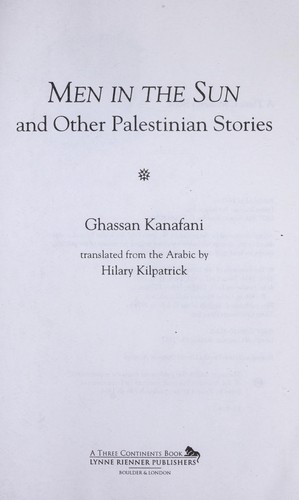
Ghassan Kanafani’s Men in the Sun is a narrative that touches the soul and resonates deeply with the human condition. While it captures the unique struggles of Palestinians, it also subtly transcends its Middle Eastern context, making it universally relevant.
Kanafani’s storytelling prowess lies in his ability to convey the entrapment and disillusionment faced by his characters, mirroring the collective Palestinian experience. Action and movement, in the end, lead to nothing but further suffering and tragedy.
The journey itself is a microcosm of Palestinian history – a relentless struggle marked by suffering and betrayal. The refugees hide inside an empty water tanker, enduring scorching heat that pushes the limits of human endurance. It’s a journey fraught with danger and despair, mirroring the Palestinian plight of seeking a better life against insurmountable odds.

While the novel had once stirred controversy in certain Arab regions, seen as a critique of Palestinian fragility and the complicity of Arab governments in relegating them to stifling refugee lives marked by corruption, many still perceive it as a tribute to resilience and the pursuit of justice.
In a world where Palestinian voices continue to demand recognition, Men in the Sun is more than a novel; it’s a literary prism refracting the universal themes of hope, despair, and the ceaseless resilience of the human spirit. Kanafani’s poetic stance almost illuminates the essence of our shared humanity.
After all, we Malaysians, too, are travellers seeking our own Kuwait – a better tomorrow and a brighter future, across the scorching deserts that lie ahead.
Feature image via Biblio & VCU Scholars Compass


 Get Audio+
Get Audio+ Hot FM
Hot FM Kool 101
Kool 101 Eight FM
Eight FM Fly FM
Fly FM Molek FM
Molek FM